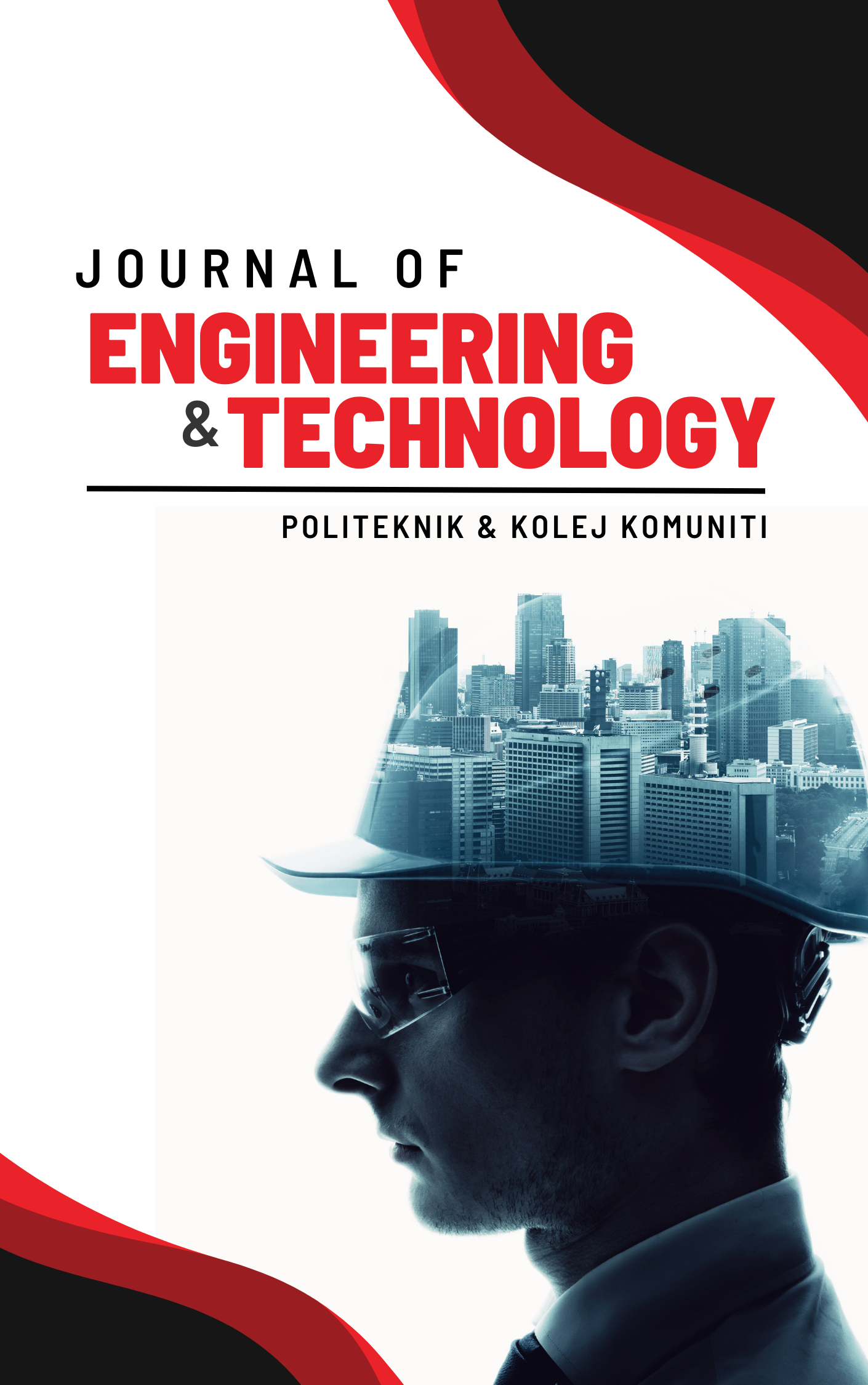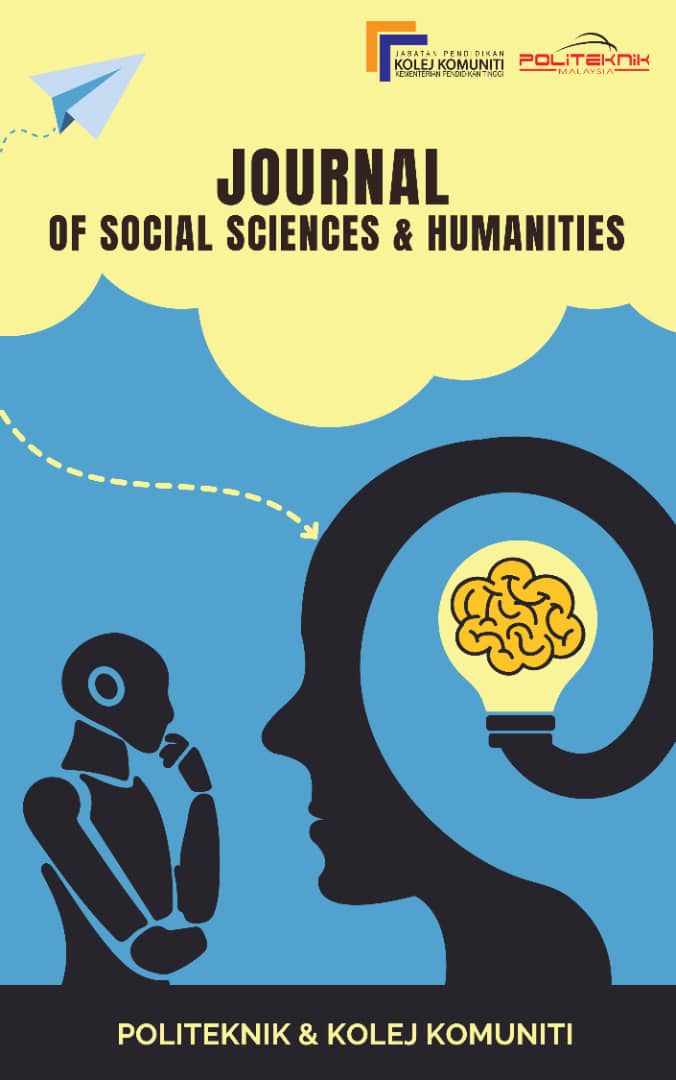TVET and the Economic Competitiveness of Sarawak: The Role of the Mechanical Engineering Certificate Program in Developing a Skilled Workforce
Keywords:
TVET, Skilled-workforce, Politeknik, CME, Sarawak 2030Abstract
Mechanical engineering is crucial to today's industrialisation, with mechanical systems' design, analysis, manufacturing, and maintenance. As technology advances and hence generates more need for skilled workers, Malaysia has prioritised Technical and Vocational Education and Training (TVET) to boost its human capital, particularly in Sarawak. The Post-COVID Development Strategy (PCDS) 2030 emphasises the development of skilled labour to meet growing industrial needs. Despite Sarawak's industrial economy development, spanning the oil and gas, manufacturing, and renewable energy sectors, the demand for skilled mechanical experts remains low. Consequently, the industry is experiencing a worker shortage, paving the way for dependency on foreign workers. Existing TVET institutions do not adequately cater to industry demand, and no systematic training program is aligned with emerging technologies. Therefore, it is imperative to ascertain the feasibility and impact of a CME in Sarawak to develop sustainable human resources. This study aims to determine the feasibility and demand for offering a CME at Politeknik Mukah and its impact on the local workforce, industry needs, and economic growth. The study employed a mixed-methods approach, combining quantitative surveys and qualitative interviews. The study interviewed 234 secondary school students, 33 polytechnic lecturers, and 49 industry representatives from various industries, gauging their perceptions of TVET education. Moreover, in-depth insights into industry expectations and workforce demands were gained through semi-structured interviews with six government stakeholders and industry experts. Results show strong industry support for the program, as evidenced by 96.7% of companies surveyed agreeing on the relevance of mechanical engineering training and more than 70% of high school students were interested in enrolling. Industry stakeholders recognised the need for skilled mechanical technicians in maintenance, automation, and renewable energy. Employers further asserted that a TVET certificate programme would address labour shortages, increase productivity, and align education with the needs of the labour market, making Sarawak more economically robust. The study testifies that a CME would significantly increase Sarawak's skilled workforce and reduce dependence on foreign labour and industrial development. The suggestions are for harmonising TVET education to address the needs of industry for long-term economic sustainability and technological development in Sarawak. Hence, Politeknik Mukah can consider offering this programme in response to future labour demand and PCDS 2030 targets.
Downloads
Published
Issue
Section
License
Copyright (c) 2025 Politeknik & Kolej Komuniti Journal of Life Long Learning

This work is licensed under a Creative Commons Attribution-NonCommercial-NoDerivatives 4.0 International License.









